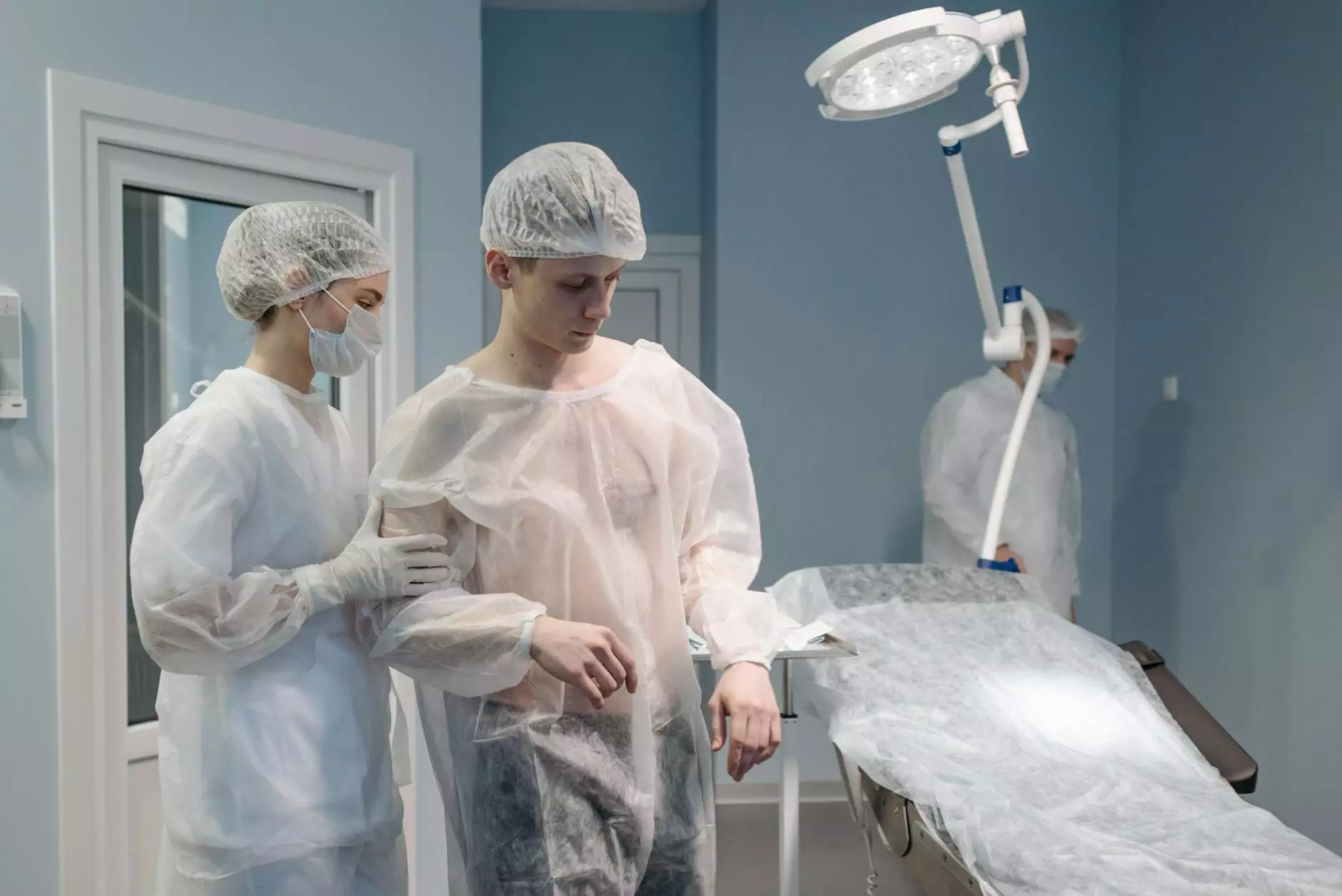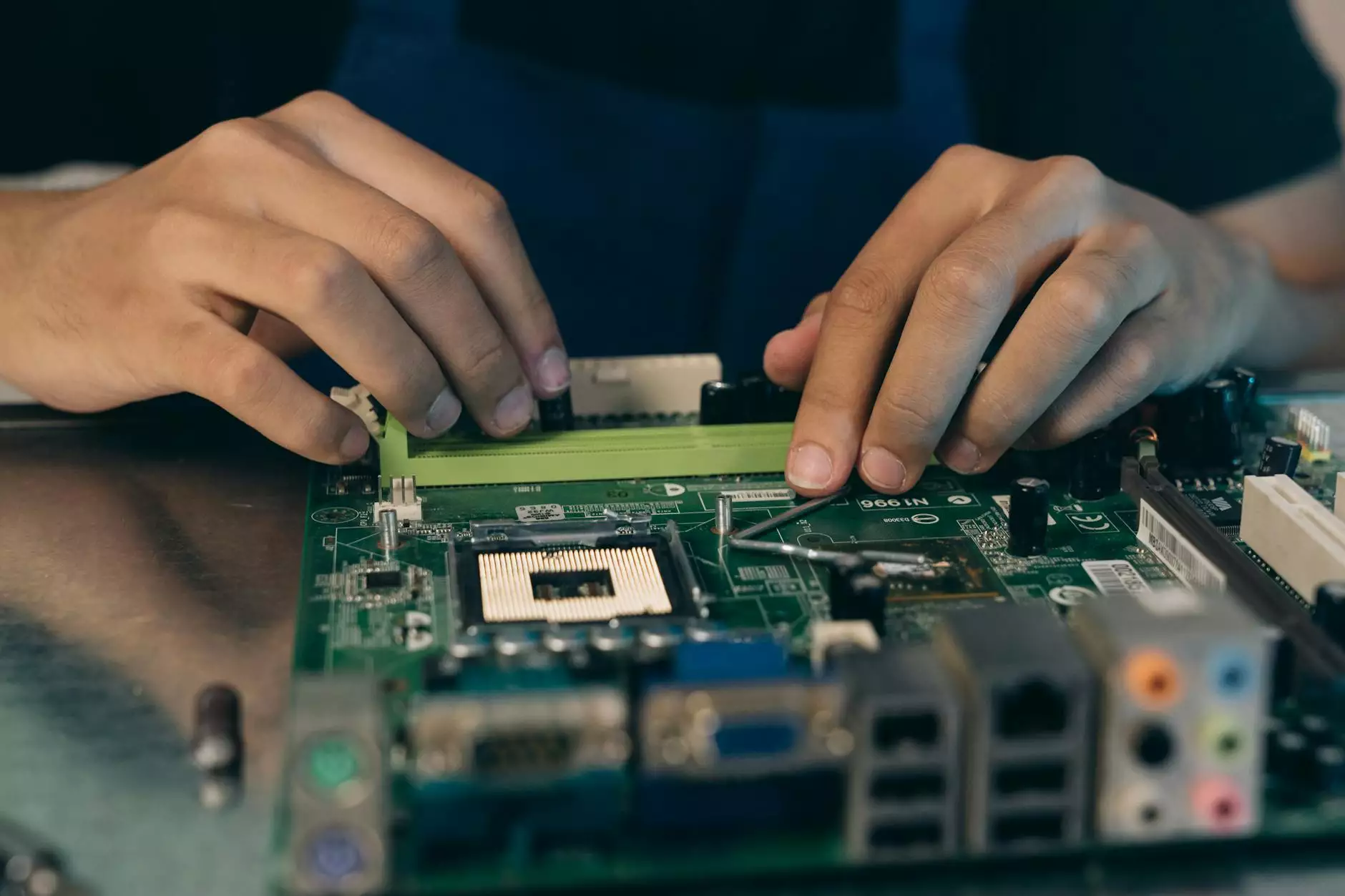Lung Surgery Procedure: A Comprehensive Guide to Treatment and Recovery

The lung surgery procedure is a critical intervention that plays an essential role in treating various serious respiratory conditions. With advancements in medical technology and surgical techniques, lung surgery has become increasingly successful, offering renewed hope for patients facing significant health challenges. In this extensive article, we will explore the various aspects of lung surgery, including the different types of procedures, what patients can expect, and tips for post-operative recovery. Our objective is to empower readers with knowledge and insights that can help them make informed decisions regarding their health.
Understanding Lung Surgery
Lung surgery encompasses a variety of surgical interventions aimed at treating diseases of the lungs, including cancer, infections, and other pulmonary disorders. These procedures may be necessary for patients suffering from:
- Lung cancer
- Chronic obstructive pulmonary disease (COPD)
- Pneumonia
- Interstitial lung disease
- Pleural effusion
Types of Lung Surgery Procedures
There are several types of lung surgery procedures, each designed to address specific conditions. Below are the most common types:
1. Lobectomy
A lobectomy involves the removal of an entire lobe of the lung. This procedure is frequently performed for patients diagnosed with lung cancer or significant lung infections. By excising the affected lobe, surgeons can eliminate cancerous tissues while preserving the function of the remaining lung tissue.
2. Pneumonectomy
A pneumonectomy is a more extensive procedure that requires the complete removal of one lung. This surgery may be indicated for patients with large tumors that have invaded an entire lung or for severe, chronic diseases affecting one lung.
3. Segmentectomy
A segmentectomy involves the removal of a smaller section of a lobe. This surgery is typically recommended for smaller tumors located within a lobe, offering a balance between tumor control and lung preservation.
4. VATS (Video-Assisted Thoracoscopic Surgery)
VATS is a minimally invasive approach to lung surgery that uses small incisions and specialized instruments. This technique reduces recovery time, pain, and scarring compared to traditional open surgery. VATS can be performed for various procedures, including lobectomies and biopsies.
5. Lung Biopsy
A lung biopsy involves the removal of a small sample of lung tissue for diagnostic purposes. This procedure is vital for determining the presence of cancer or other diseases at a cellular level.
Preparing for Lung Surgery
Preparation for a lung surgery procedure is crucial for ensuring the best possible outcomes. Patients should follow these steps to prepare:
- Consultation with Specialists: Meet with a pulmonologist and a thoracic surgeon to discuss health status, risks, and the best surgical options.
- Preoperative Testing: Undergo various tests, including imaging studies (CT scans, X-rays) and pulmonary function tests, to assess lung health.
- Medication Management: Follow guidelines for medications leading up to the surgery. This may involve stopping blood thinners or specific medications.
- Smoking Cessation: Avoid smoking before surgery to promote better healing and recovery.
- Nutrition and Hydration: Maintain a balanced diet and stay hydrated to support overall health.
The Day of Surgery
On the day of the lung surgery procedure, patients will check in at the surgical center, where they will be prepared for the operation. Here’s what to expect:
- Anesthesia: Patients will receive general anesthesia, ensuring they are completely unconscious during the surgery.
- Monitoring: Vital signs will be closely monitored throughout the procedure for safety.
- Duration: Depending on the type of surgery, the operation can take from a few hours to longer periods. Postoperative plans will be discussed beforehand.
Recovery After Lung Surgery
Postoperative recovery is a critical phase that can significantly impact the overall success of the lung surgery procedure. Here are essential considerations for recovery:
1. Hospital Stay
Most patients will stay in the hospital for several days following lung surgery. The medical team will monitor patients for respiratory function, pain management, and overall recovery progress.
2. Pain Management
Pain management is a crucial component of recovery. Patients may receive pain medications to ensure comfort and facilitate early mobilization.
3. Physical Therapy
Physical therapy is often introduced early in the recovery process to improve lung function and enhance overall physical recovery. Through guided exercises, patients can regain strength and respiratory capability.
4. Follow-Up Appointments
Regular follow-up appointments with the healthcare team are vital for assessing recovery, monitoring lung function, and ensuring complete healing.
5. Lifestyle Adjustments
Patients may need to make lifestyle changes after lung surgery, including avoiding exposure to pollutants, quitting smoking, and maintaining a healthy diet and exercise routine to support lung health.
Potential Risks and Complications
While modern lung surgery procedures are generally safe, there are potential risks and complications. Patients should be well-informed about:
- Infection
- Respiratory complications
- Bleeding
- Pneumothorax (collapsed lung)
- Anesthesia-related risks
Conclusion
Understanding the lung surgery procedure—including its types, preparation, recovery, and potential risks—empowers patients and their families to navigate the complexities of lung health treatment with confidence. At Neumark Surgery, we strive to provide comprehensive care and support for patients undergoing lung surgery, ensuring that every step is taken towards a healthier future.
Always consult with your healthcare provider for personalized medical advice and information about specific conditions or procedures related to lung surgery. Together, we can work towards achieving the best outcomes for lung health.
Contact Us
If you have further questions about lung surgery or wish to schedule a consultation, please visit our website Neumark Surgery or contact us directly. Your health and well-being are our top priorities.









